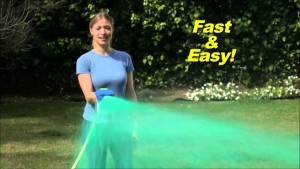This blog is a continuation and will make more sense if it read learning to speak twice first.*
You’ll find kids, when they learn to speak for what might be the second but is most likely the final time** usually have one thing they primarily want to talk, and that’s You need to make some changes, namely, Why are we not doing what I want to do, right now. And they’ll use their language, once they get it, for this; they’ll use whatever few words they have to that effect. And then of course you can get all this No.
There is a way to avoid it: just never use that word in front of your child. Negatory is a good alternative. In the non-affirmative, I like that too. You can get a T-shirt printed that says Please Do Not Say No In Front Of My Child (For Everyone’s Sake), to wear when you go out.
If the lexicon of English is half positive and half negative, I only use half of it with children. And it’s not because I want to be cheery and give them self-esteem: I just don’t want them to know those words until the last possible minute. For my own sake and everyone’s, but mostly my own, I try to teach them Change it.
“Change it?” “Sure, I’ll change it.” And we are having a different thing for lunch.
“Change it?” “Sure, I’ll change it.” And we are not wearing that sweater anymore.
Strangers in the grocery store love listening to the echoing sounds of “CHAAAANGE IT! I DON’T CARE FOR IT!” going up and down the aisles.
—
So we get rewired. During that quiet period, before language comes back for good,*** speech connects with our emotional circuitry. Language becomes intertwined with our emotions and our response to the world, and that’s — in the math of the universe — Judgment. Judgement is language intertwined with emotion.
Is that good?
—
Or should they be separate?I don’t know that we get to choose, but the third thing that happens, (first is one of these language explosions that’s free from emotion and judgment, like a game ; second is language that’s deeply tied into emotion and judgement, which can be really rude)– is a long phase of accept things which are judged by it to be bad. The job as the older people around appears to be to younger how to do this. Let’s learn to wait. That kind of thing. What do we do when we don’t like it? Learn to grapple with the world, as we’ve categorized it.
Infants go through a process like this too, and learn to grapple with the uncategorized world, to delay gratification, make choices, etc., but they don’t understand I don’t think so much what they’re doing. Once language is there, not only are you responding to the world, but you know that you are responding to the world.
And you expect at first the world to respond to you. And it can. Language is, at its essence, a tool for manipulating the world around us. Otherwise we wouldn’t need it, right?
Here you go; this is how you change the world—which has been unchangeable up until this point. It’s like you’ve handed a bazooka to a toddler. The world, which has been a given, is suddenly under your control. You can say noodle and get a noodle, for instance. Pretty powerful stuff.
A bazooka like that, you’d think you could do quite a bit with it. And so then you have to learn that you can’t. You can only do so much.
But I wonder most about the difference between language as a game, and language as a bazooka of judgement and control.
You realize one day, when you get a little more vocabulary, that all you needed to say was can we go outside. “May we go outside?” Once you’re not two anymore, people really don’t like it, and will think you are — I won’t say delayed — they’ll think there is something wrong with you if you can’t express your desires in the form of a request, especially with someone that you don’t know well. If you can’t separate out at least enough of your emotion from the language to ask, to leave people options.
Because we all love each so much, because we all want to be like each other so much, we choose to provide everyone with the option of acquiescing to our desires or not, and long-term, this is how we all end up much happier.
But no one learns it that way; it sounds weird even to say it that way.
It sounds weird because that’s now how we teach self-control, and not how we were taught it. Instead, we teach and were taught by superior strength.
There’s nothing wrong with superior strength: no kids would want parents who were there equals. (“Hi Mom, which one of us is bringing home the bacon today? I’m only two.”) We don’t teach that not getting your way is best, long-term; we teach that it’s what’s expected of you, end of story. You don’t need to know why; I might not even know why, but here’s what you are going to do; you’re welcome.
And at this is the point in the parent-child relationship, when language needs to be tempered with control, all of a sudden the parent is the boss. From now on, because I said so.
My language, stronger than yours.
I think whatever our estimates of anyone’s intelligence, we all have a conscience, from birth; we all have a sense that forcing our will on other people is wrong. Except we do it, to our children, because we know that the benefits outweigh the wrong of it. Which is actually pretty confusing to . . . everyone.
The imitation learning style breaks down at that point. And it’s hard to believe that it breaks down right at that point—right when a substitute learning style, language, becomes available. Without language there was no learning style other than imitation: now with language, it is language itself that needs to be explained:
“You can’t say that. You have to say this.”
“But that’s not what you’re saying.”
“I know. Say it anyway.”
“Why should I?”
“Because I said so.”
Now with language, it is language itself that needs to be explained. To me, that’s the hallmark of an artificial system, of a waste of time.
—
All of us, years later, are still subject to the lessons learned in those sullen silent weeks, between meeting splendid language and subsequently deciding to live by it, when we learned to judge. I wish it were not so; I wish to have remained in that language explosion, where there is no right, no wrong. Can I now, with all the power my language has accumulated through the intervening years, judge one last time and decide that from here on out, language will have only that earliest use for me?
I can, I will—I use language for nothing now but to sing the joy of my experience. Nothing else will pass from between these lips. No cannonballs, no whips or chains, no pits dug for the unsuspecting listener. Every word just another song, aimless and true.
I can sing to you about my joy in seeing the clouds above me, and the rain; the cars around me, and their drivers; all of us moving together, moving the same way, moving within that movement, away and towards each other, as I see it. Logic holds, but there is no good, no bad, in my language now: good and bad I see now are only within myself, hidden far away from language (which is where they belong!); true and false I look for instead. Proven and unproven and proven wrong. I sing on, about changing lanes and the sound of the spray from the tires and the way gravity feels to me, like the earth was pushing up to meet the sky . . .
You won’t care, and I won’t care that you won’t.
But maybe later you will. There was a man, years ago, who stood before me and sung the joy of his experience. “Stay in the middle lane,” he said. “It’s safest.” And laughed. The changing of the stoplights was a heartbeat to him, he sung that too. And laughed. The proper functioning of the asphalt circuitry of the nation, he loved that as well. Everyone gets a turn, he laughed. And I can sing to you now about sitting at that little desk, in the back of the drivers’ ed class, listening; about what I remember about the feeling of youth (so much judgment!).
Cheers.
PS: How hard is it to lie, when all words for you are more warbling about what you have seen? Harder.
PPS: I — and this is perhaps my personal personality— have never been much for speculation. To me, to say, “She went home,” feels like winning a bet: I predict that she did, I posit it—as if I had remote viewing!—and probably I am correct. But more likely I would say “She left, and said she was going home.” So enamored of the truth am I, it seems worth it to be this careful.
PPPS: What comes out of a bazooka? I’ve never had one.
*someday I should explain that I put these typos in on purpose to make you think I might be an idiot–it’s a security-defense system around my ideas– i don’t want mean people to have them. if you decide that I ‘m an idiot, then you will porbbaly disregard what I have to say, which is good because you aren’t nice enough to use it properly yet. suggest you work on that.
** I am one of the lucky few who had the opportunity to learn to speak a third time.
*** Sounds judgmental, doesn’t it.
creepiest thing in the world, back in college, i was high as a kite, and my cat, it was sniffing all over my face, and I asked it, what are you doing? and it answered me, like in my head? i heard it answer me, and it said, i am taking samples of the different things on your skin, what is this you have done to yourself this time? and I said, what? why would you do that? and it answered me, like in my head, and it said, i’m a scientist, from far away, i’m taking samples of ALL the earth chemicals, so that the other people where i come from will know all about earth! and I appreciated that so much, lying there, so high i could hardly move? it was the craziest thing. not all cats are scientists though, just some.

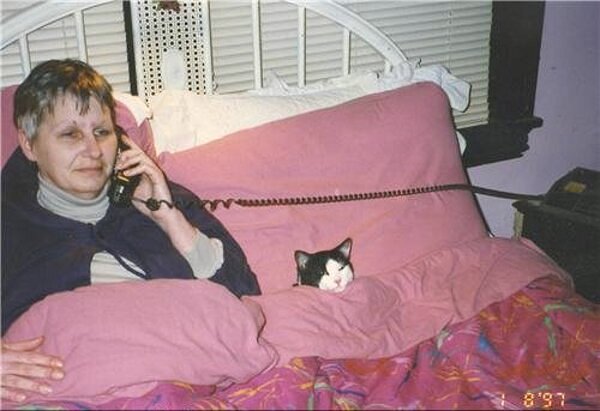
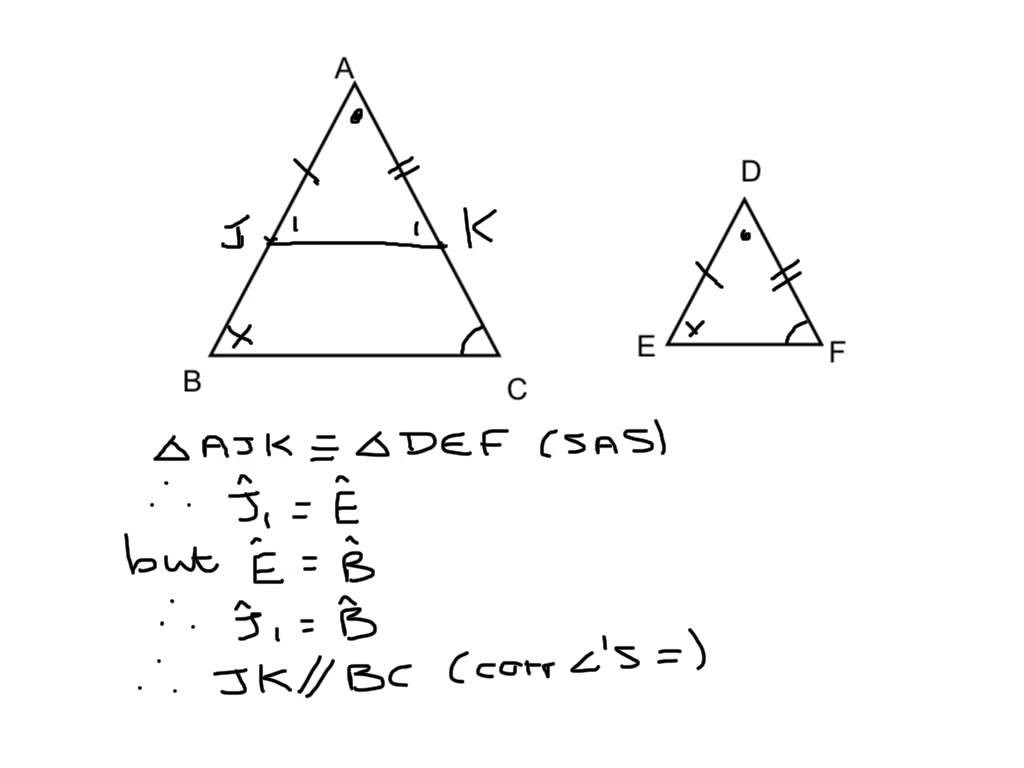
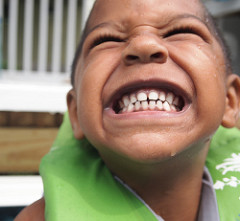

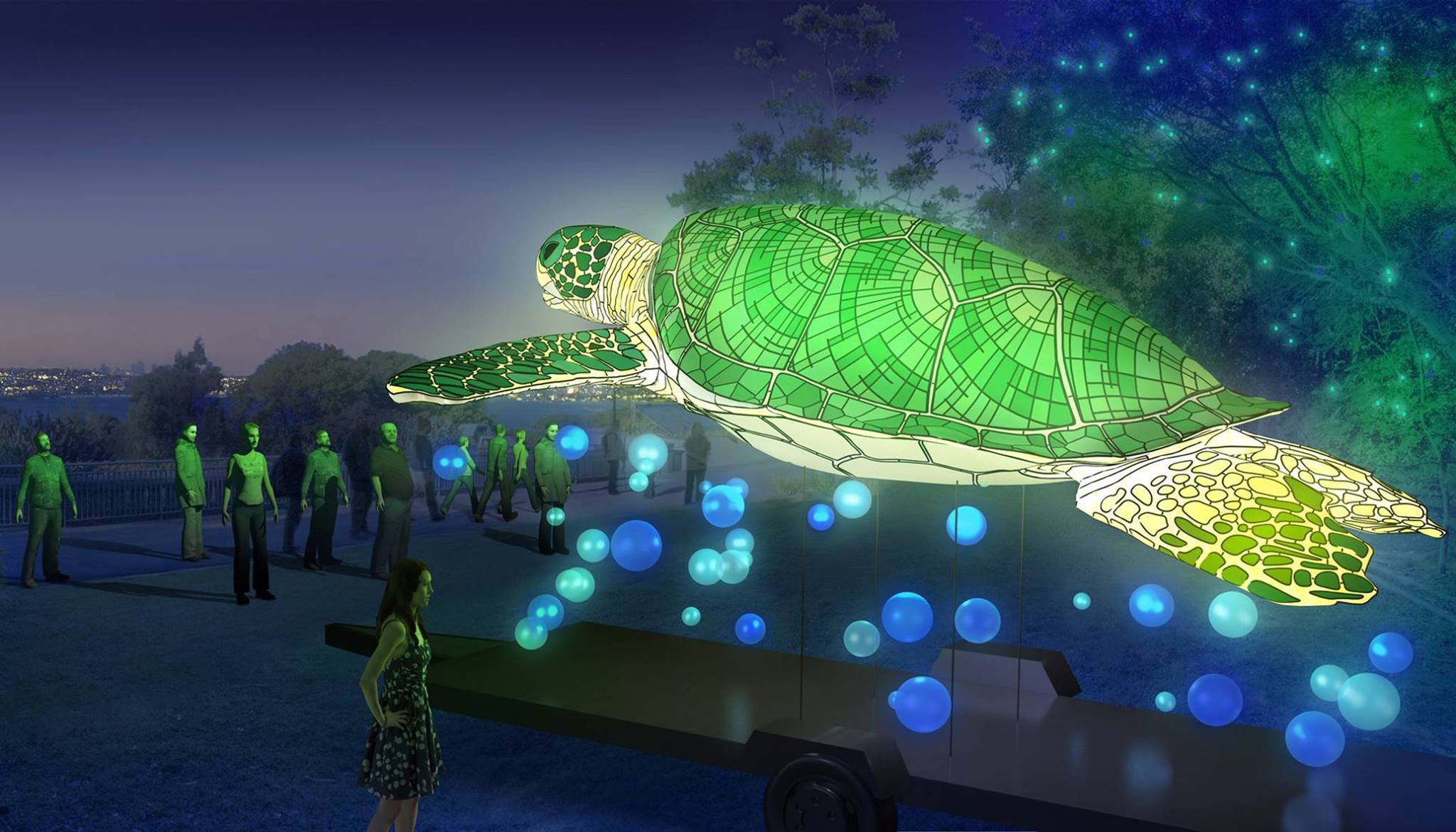
 *
*

